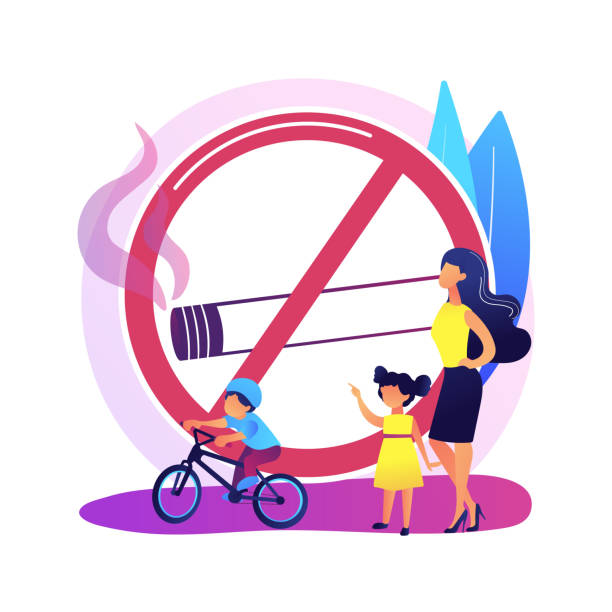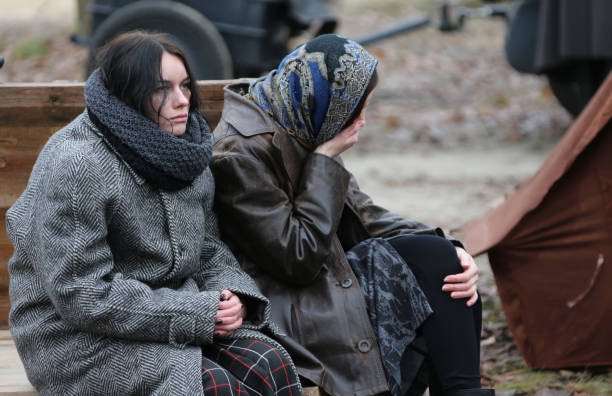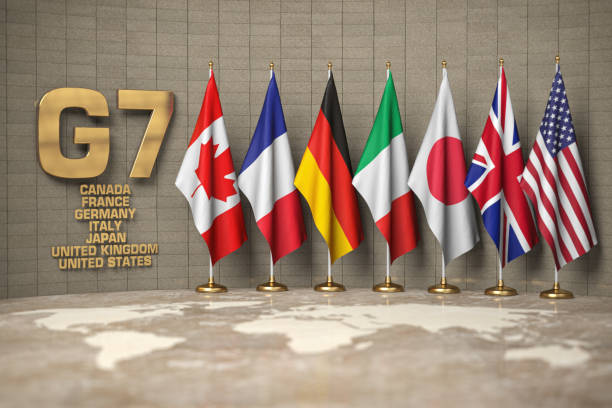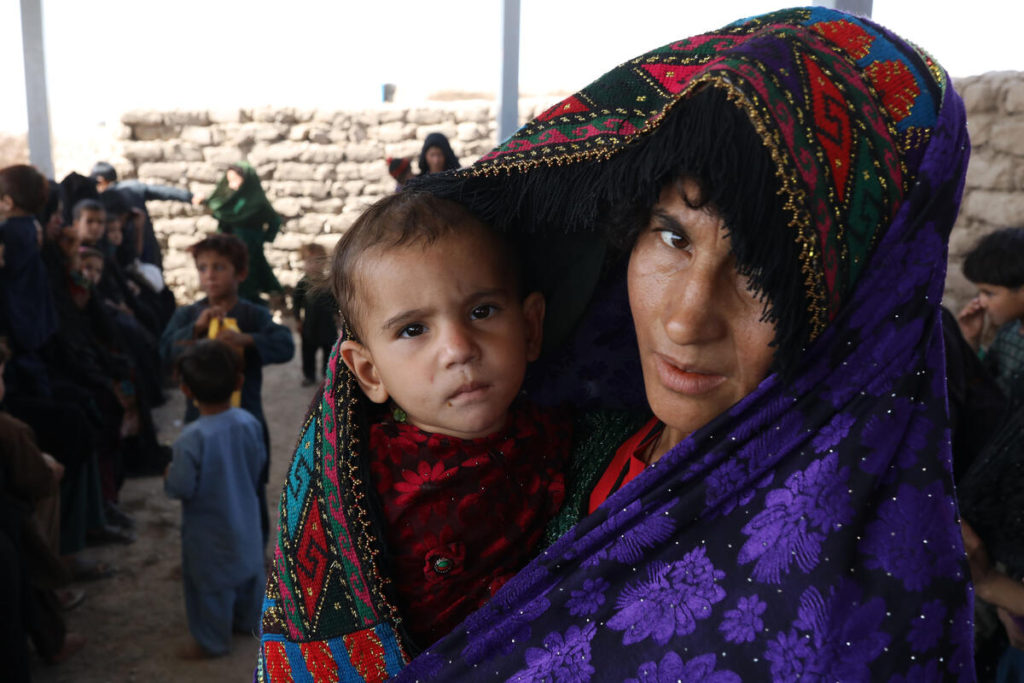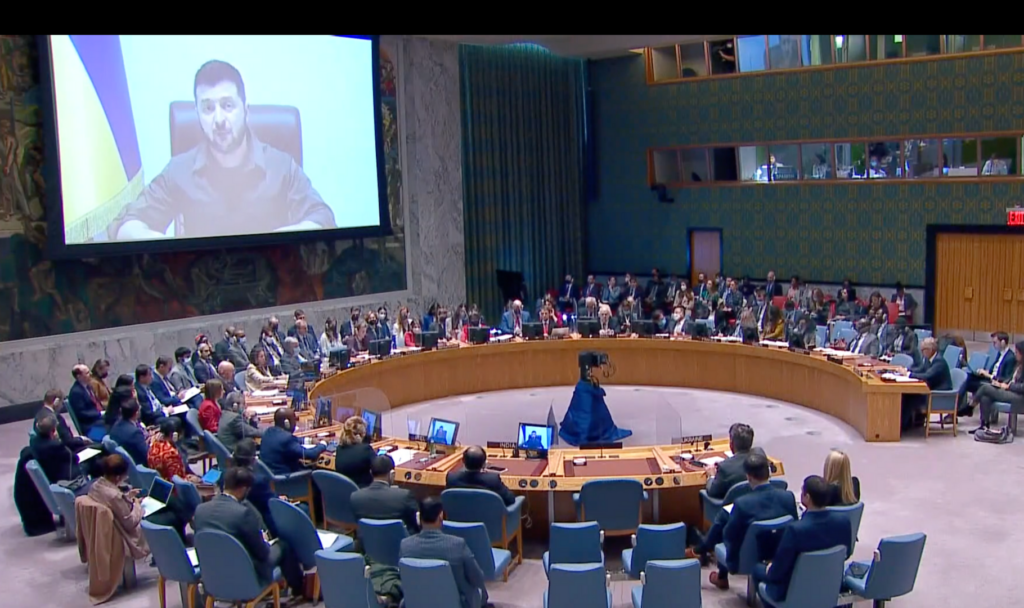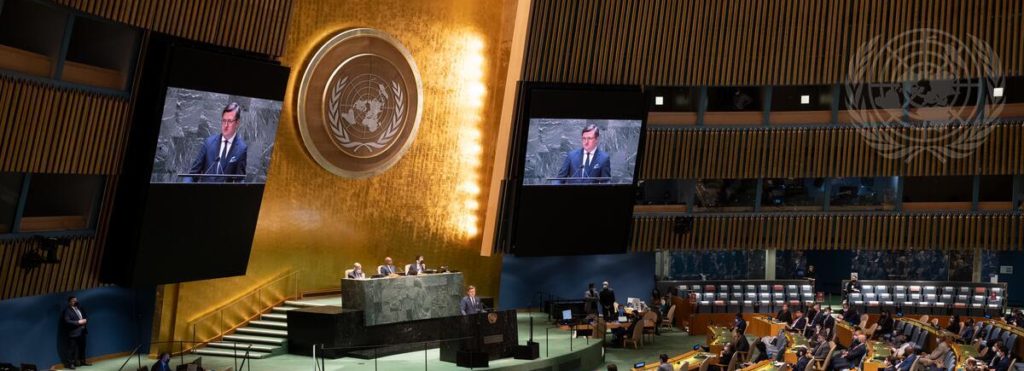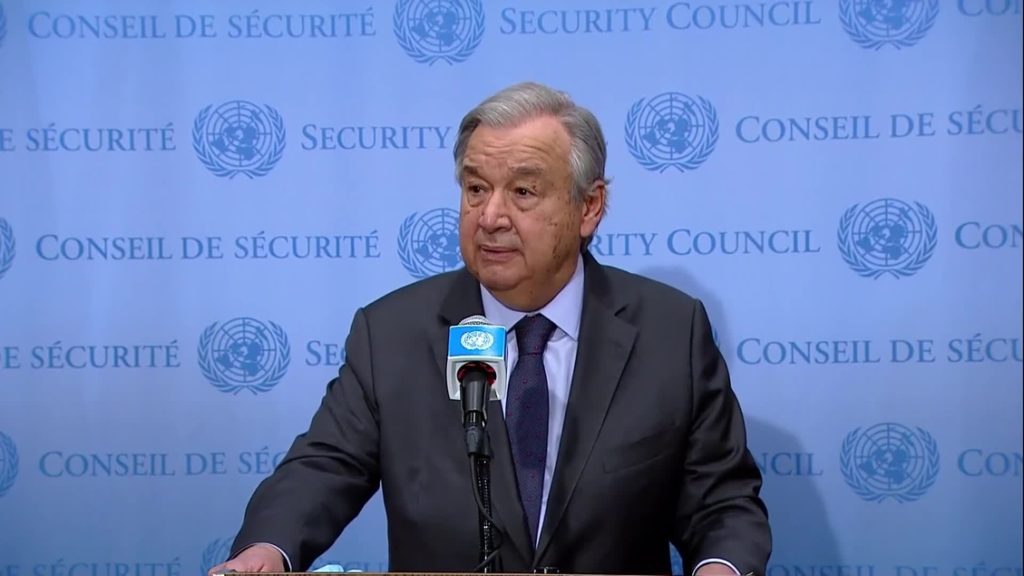Following are news releases: The international community calls for a shift towards better prevention, anticipation, and targeting to address the root causes of food crises. Read report: GLOBAL REPORT ON FOOD CRISES: ACUTE FOOD INSECURITY HITS NEW HIGHS
Rome, 4 May – The number of people facing acute food insecurity and requiring urgent life-saving food assistance and livelihood support continues to grow at an alarming rate. This makes it more urgent than ever to tackle the root causes of food crises rather than just responding after they occur. This is a key takeaway from an annual report launched today by the Global Network Against Food Crises (GNAFC) – an international alliance of the United Nations, the European Union, governmental and non-governmental agencies working to tackle food crises together.
The report focusses on those countries and territories where the magnitude and severity of the food crisis exceed the local resources and capacities. In these situations the mobilization of the international community is necessary.
Key figures
The document reveals that around 193 million people in 53 countries or territories experienced acute food insecurity at crisis or worse levels (IPC/CH Phase 3-5) in 2021. This represents an increase of nearly 40 million people compared with the already record numbers of 2020. Of these, over half a million people (570 000) in Ethiopia, southern Madagascar, South Sudan and Yemen were classified in the most severe phase of acute food insecurity Catastrophe (IPC/CH Phase 5) and required urgent action to avert widespread collapse of livelihoods, starvation and death.
When looking at the same 39 countries or territories featured in all editions of the report, the number of people facing crisis or worse (IPC/CH Phase 3 or above) nearly doubled between 2016 and 2021, with unabated rises each year since 2018.
The root causes of food crisis
These worrying trends are the result of multiple drivers feeding into one another, ranging from conflict to environmental and climate crises, from economic to health crises with poverty and inequality as undelaying causes.
Conflict remains the main driver of food insecurity. While the analysis predates Russia’s invasion of Ukraine, the report finds that the war has already exposed the interconnected nature and fragility of global food systems, with serious consequences for global food and nutrition security. Countries already coping with high levels of acute hunger are particularly vulnerable to the risks created by the war in Eastern Europe, notably due to their high dependency on imports of food and agricultural inputs and vulnerability to global food price shocks, it notes.
The key drivers behind rising acute food insecurity in 2021 were:
· conflict (main driver pushing 139 million people in 24 countries/territories into acute food insecurity, up from around 99 million in 23 countries/territories in in 2020);
· weather extremes (over 23 million people in 8 countries/territories, up from 15.7 million in 15 countries/territories);
· economic shocks – (over 30 million people in 21 countries/territories, down from over 40 million people in 17 countries/territories in 2020 mainly due to the fallout from the COVID-19 pandemic).
Commissioner for International Partnerships Jutta Urpilainen said: “Russia’s invasion of Ukraine jeopardizes global food security. The international community must act to avert the largest food crisis in history and the social, economic, and political upheaval that could follow. The EU is committed to address all drivers of food insecurity: conflict, climate change, poverty and inequalities. While it is necessary to provide immediate assistance to save lives and prevent famine, we must continue to help partner countries in transition to sustainable agri-food systems and resilient supply chains by tapping the full potential of the Green Deal and the Global Gateway.”
Commissioner for Crisis Management Janez Lenarčič said: “There should be no place for hunger in the twenty-first century. Yet, we are seeing too many people pushed away from the path to prosperity. A clear message resonated today: if we want to prevent a major global food crisis, we need to act now, and we need to work together. I believe the international community is up to this task. By leveraging collective action and pooling resources, our global solidarity is stronger and far reaching. As demonstrating with its aid funding as well as humanitarian-development-peace synergies, the EU remains committed to address this food and nutrition crisis together with the international community.”
“The tragic link between conflict and food insecurity is once again evident and alarming,” said FAO Director-General QU Dongyu. “While the international community has courageously stepped up to the calls for urgent famine prevention and mitigation action, resource mobilization to efficiently tackle the root causes of food crises due to, among others, the impacts of the COVID-19 pandemic, the climate crisis, global hotspots and the war in Ukraine, still struggles to match the growing needs. The results of this year’s Global Report further demonstrate the need to collectively address acute food insecurity at the global level across humanitarian, development and peace contexts.”
“Acute hunger is soaring to unprecedented levels and the global situation just keeps on getting worse. Conflict, the climate crisis, COVID-19 and surging food and fuel costs have created a perfect storm – and now we’ve got the war in Ukraine piling catastrophe on top of catastrophe. Millions of people in dozens of countries are being driven to the edge of starvation. We urgently need emergency funding to pull them back from the brink and turn this global crisis around before it’s too late,” said WFP Executive Director David Beasley.
A paradigm shift
“The situation calls out for at-scale action to move towards integrated approaches to prevention, anticipation, and better targeting to sustainably address the root causes of food crises, including structural rural poverty, marginalization, population growth and fragile food systems,” said European Union-FAO-WFP – founding members of the Global Network – together with USAID and the World Bank in a joint statement that will be released this week.
The findings of the report demonstrate the need for a greater prioritization of smallholder agriculture as a frontline humanitarian response, to overcome access constraints and as a solution for reverting negative long-term trends. Furthermore, promoting structural changes to the way external financing is distributed, so that humanitarian assistance can be reduced over time through longer-term development investments, can tackle the root causes of hunger. In parallel, we need to collectively promote more efficient and sustainable ways of providing humanitarian assistance.
Likewise, strengthening a coordinated approach to ensure that humanitarian, development and peacekeeping activities are delivered in a holistic and coordinated manner, and ensuring and avoiding further fuelling conflict as an unintended consequence will also contribute to resilience building and recovery.
Note to editors
Acute food insecurity is when a person’s inability to consume adequate food puts their lives or livelihoods in immediate danger. It draws on internationally-accepted measures of extreme hunger, such as the Integrated Food Security Phase Classification (IPC) and the Cadre Harmonisé. It is not the same as chronic hunger, as reported on each year by the UN’s annual State of Food Security and Nutrition in the World report. Chronic hunger is when a person is unable to consume enough food over an extended period to maintain a normal, active lifestyle.
About the Global Network and the Global Report
Founded by the European Union, FAO and WFP in 2016, the Global Network Against Food Crises is an alliance of humanitarian and development actors working together to prevent, prepare for and respond to food crises and support the Sustainable Development Goal to End Hunger (SDG 2
The Global Report on Food Crises is the flagship publication of the Global Network and is facilitated by the Food Security Information Network (FSIN). The Report is the result of a consensus-based and multipartner analytical process involving 17 international humanitarian and development partners (full list here).
The United Nations World Food Programme is the world’s largest humanitarian organization, saving lives in emergencies and using food assistance to build a pathway to peace, stability and prosperity for people recovering from conflict, disasters and the impact of climate change.
The information contained in this electronic message and any attachments is intended for specific individuals or entities, and may be confidential, proprietary or privileged. If you are not the intended recipient, please notify the sender immediately, delete this message and do not disclose, distribute or copy it to any third party or otherwise use this message. The content of this message does not necessarily reflect the official position of the World Food Programme. Electronic messages are not secure or error free and may contain viruses or may be delayed, and the sender is not liable for any of these occurrences. The sender reserves the right to monitor, record and retain electronic messages.
United Nations correspondent journalists – United Nations correspondent journalists – United Nations correspondent journalists
United Nations journalism articles – United Nations journalism articles – United Nations journalism articles


